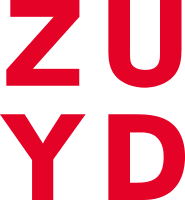This is a contribution for the OLLD conference and was published in the proceedings. Urban Living Labs have become a popular instrument to find solutions to the pressing challenge that cities face: How can they combine economic prosperity, social cohesion, and environmental sustainability? While the normalisation of Urban Living Labs in cities is well evident to date, a lack of understanding in the nature and purpose of the empirical phenomenon leaves open many challenges yet to be overcome. One particular challenge is about their potential impact to contribute to transformative changes. By combining a retrospective literature review with a comparative case study to three Urban Living Labs in the city of Groningen, the Netherlands, this study explores how the triadic relationship between stakeholder roles, funding options and outcomes
generated influences the impact creation of Urban Living Labs. The study confirms and adds to current theoretical positions taken about how to overcome issues regarding impact creation in terms of a shared ideology and reviewing the concept of agency and power. Also, it shows that opportunity lies within trust building among stakeholders in Urban Living Labs in order to enhance its potential in practise via five ways: redesigning
funding programs, look out for new ways to access effectiveness, political empowerment of initiators, the level of abstract as facilitator in collaboration, and a clarification of the concept itself. Consequently, this study calls for further research into the underexplored potential of existing theoretical approaches and models about Urban Living Labs, into the workings of power dynamics in Urban Living Labs, and into its self-sustaining character, especially about social adoption and ownership of Urban Living Labs as a self-sustaining governance system to guarantee continuity over time, and how to make them self-sustaining and less dependent on external funding streams, like municipal subsidies.
